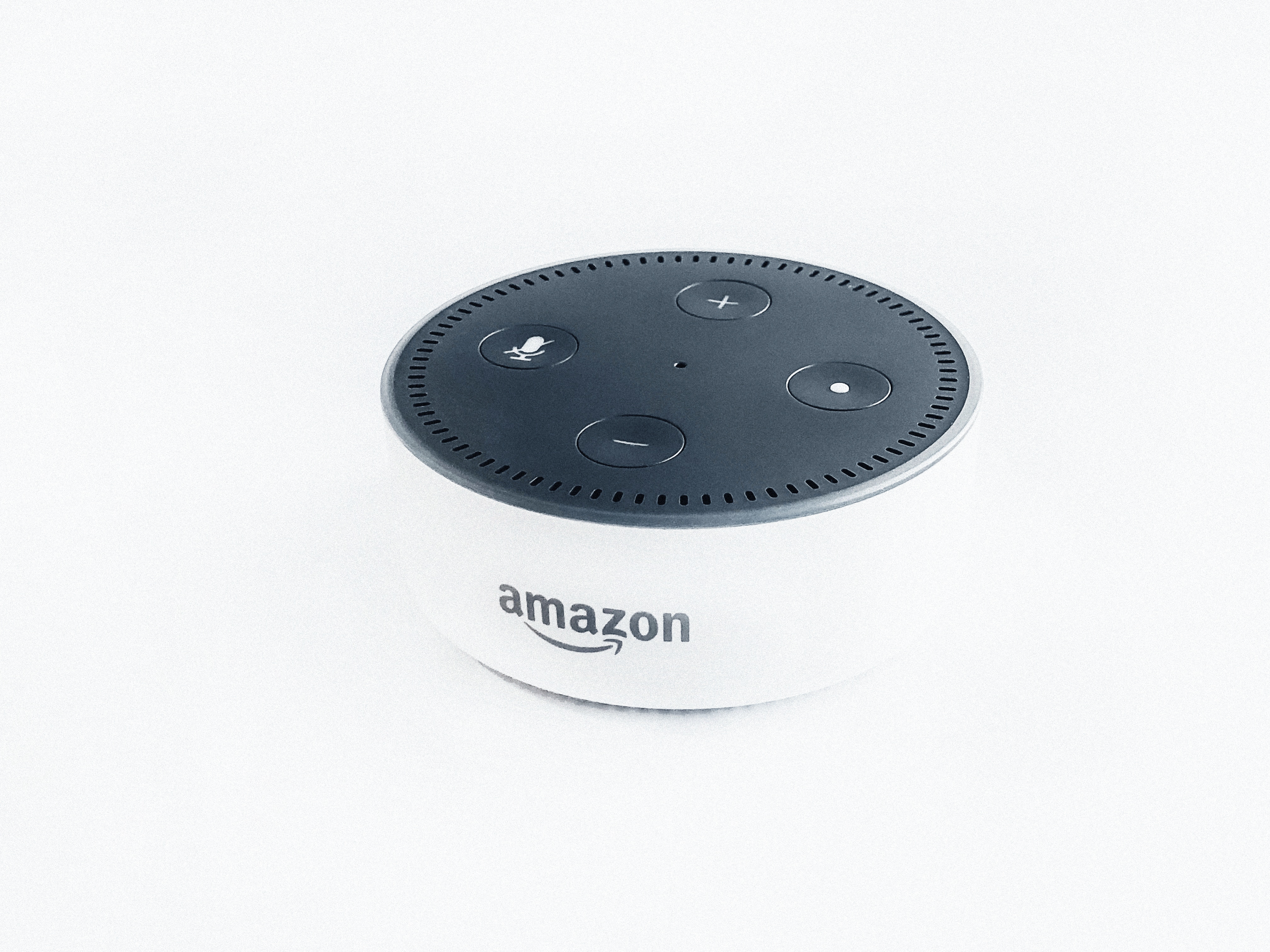
It seems, finally, like we’re starting to value our digital privacy and to take steps to protect it. We have a long way to go, and anything resembling a solution is far off in the distance, but it would be a mistake not to acknowledge the real progress made in recent years. Let’s not celebrate prematurely, but let’s recognize that norms are shifting. Digital privacy is no longer a fringe concern. It’s inching toward the mainstream, which is good news for all of us.
In the last few years, we’ve seen representatives of the big tech companies appear before congress to defend their privacy policies and practices, often earning sharp rebukes along the way. Meanwhile, governments around the world are increasingly passing and enforcing privacy laws and regulations. None is perfect, but collectively, they pressure organizations to improve their privacy practices and to give consumers more control over their data.
Cookies were once ubiquitous and, for the most part, invisible. Now, at least, websites have to receive your permission before deploying their cookies on your device. That’s progress.
Consumers are demanding more control over their personal data, including the ability to move their data between different organizations and to delete it at any time. Apps can now help with that. Businesses are starting to respond to this demand by developing new data portability and ownership solutions.
Again, privacy advocates haven’t won, and digital privacy remains at risk. But it’s clear that an increasingly broad swath of the population shares privacy concerns. That’s a really good sign, and it indicates we—which is to say, you, dear reader—are on the right track.







